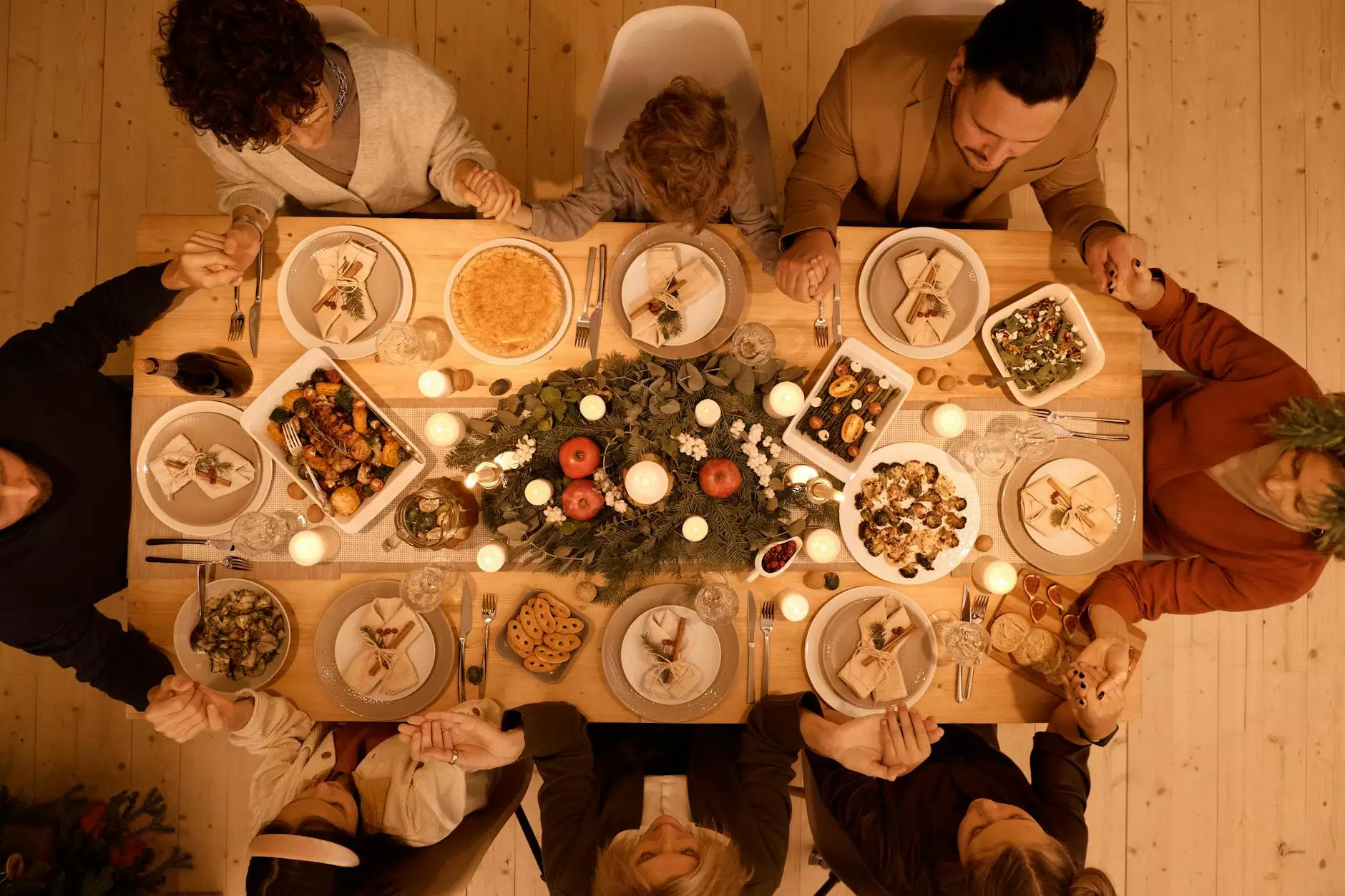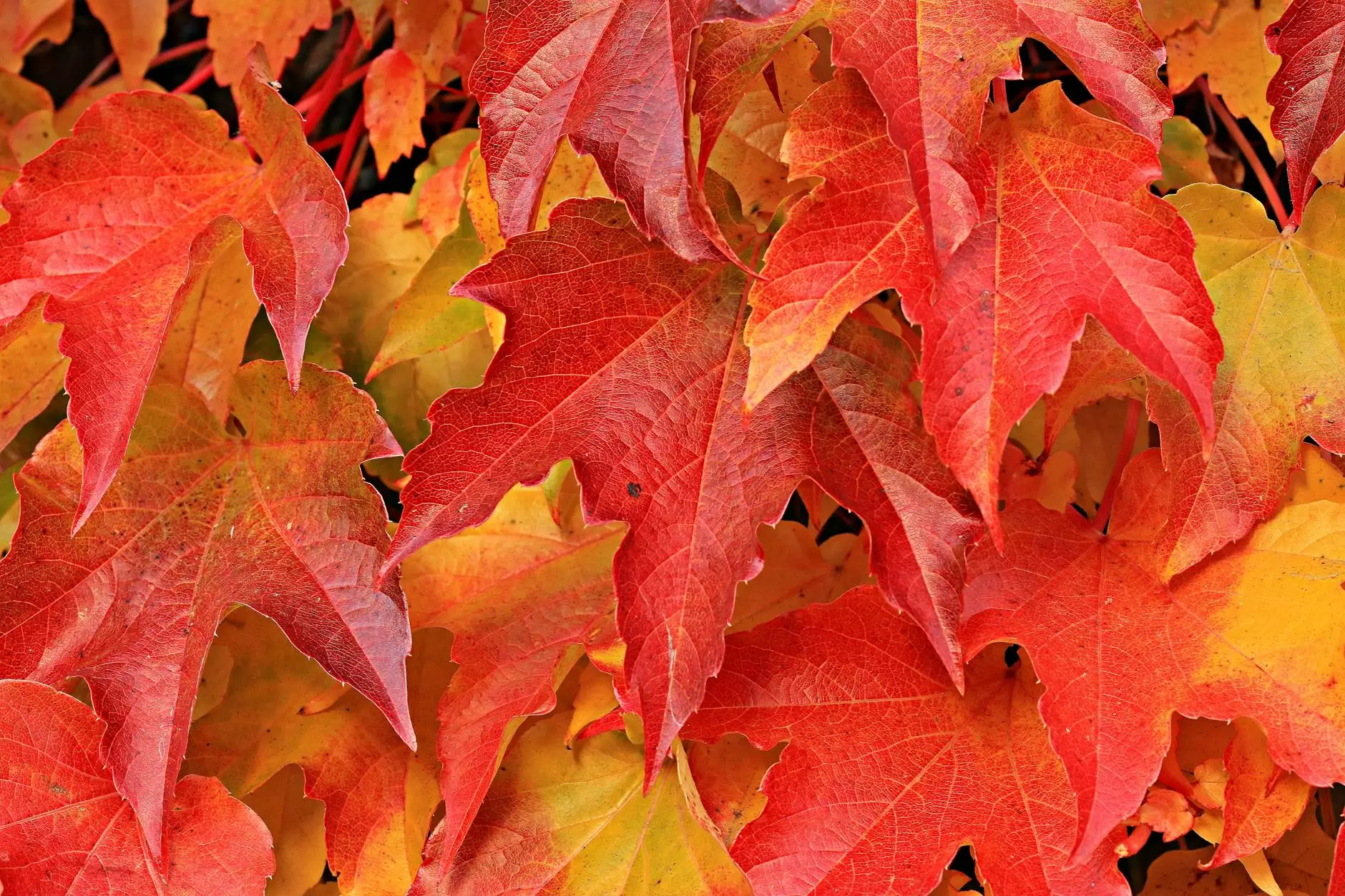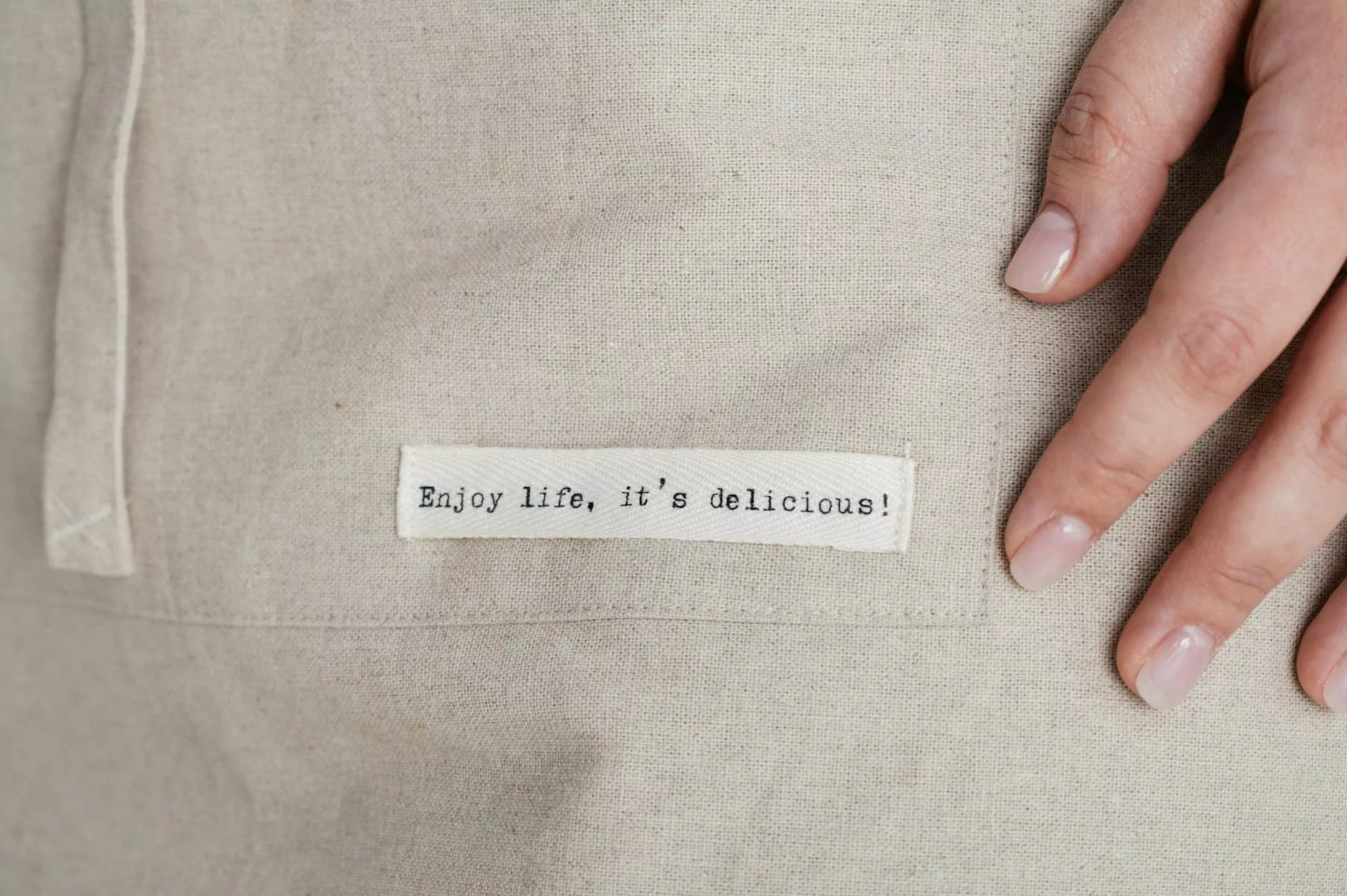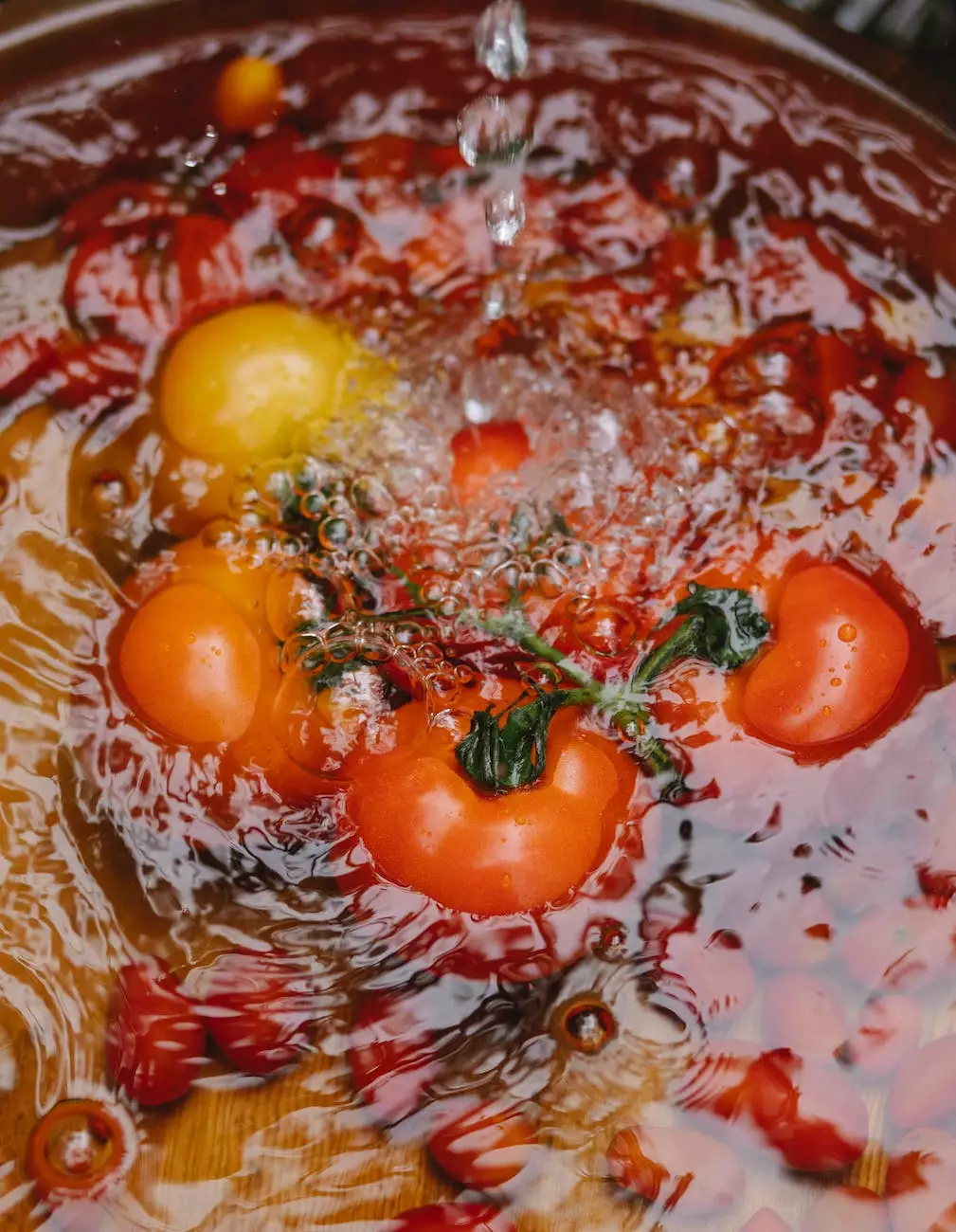Little Known Facts About Classic Christmas Foods

The History of Christmas Foods
Christmas is a time for joyful celebrations, family gatherings, and delicious food. From roasted turkey to fruitcake, traditional Christmas foods have become a central part of the holiday season. But have you ever wondered about the origins and unique stories behind these festive treats? Dive deeper into the rich history of classic Christmas foods with RN Patient Advocates!
The Exquisite Roasted Turkey
Nothing says Christmas dinner like a perfectly cooked roasted turkey. Did you know that the tradition of serving turkey during the holiday season dates back to the 16th century in England? At that time, turkey was considered a luxurious dish and was served only to the wealthy. Over time, it became popular among different social classes and spread to other parts of Europe and eventually to North America. Today, the roasted turkey remains a centerpiece of Christmas feasts around the world.
The Merry Mince Pies
Mince pies, with their sweet and savory filling, have become synonymous with Christmas. These small, individual-sized pies have a fascinating history that traces back to medieval times. Originally, mince pies were filled with a mixture of meat, fruits, and spices, symbolizing the gifts brought by the three wise men to baby Jesus. As time went by, the recipe evolved, and the meat was replaced with suet and dried fruits. Despite their humble appearance, mince pies hold a special place in the hearts and taste buds of Christmas enthusiasts.
The Enigmatic Fruitcake
While fruitcake may have gained a reputation as a love-it-or-hate-it Christmas dessert, its history is deeply rooted in tradition. Ancient Egyptians were among the first to incorporate dried fruits and nuts in their bread-like cakes. Throughout history, fruitcakes were a symbol of wealth and luxury due to the rarity and expense of ingredients like spices and dried exotic fruits. In the Middle Ages, fruitcakes were often reserved for special occasions such as Christmas and weddings. Today, this dense and flavorful cake is enjoyed by many during the holiday season.
The Symbolism and Traditions
Wassail: Toasting to Good Health
What's Christmas without a warm cup of festive cheer? Wassail, a traditional hot mulled cider, has been a popular Christmas drink since medieval times. The word "wassail" originated from an old English greeting that meant "be well." In the past, wassail was used to toast to good health and celebrate the upcoming new year. It was often accompanied by lively singing and dancing, as a way to spread joy and ward off evil spirits. The tradition of sharing wassail continues in many parts of the world, bringing warmth and merriment to Christmas gatherings.
Candy Canes: Sweet Treats with Symbolic Meanings
Candy canes, with their iconic red and white stripes, are one of the most recognizable symbols of Christmas. Legend has it that their curved shape represents the shepherd's crook and the purity of Jesus. Originally, candy canes were plain white, but in the late 19th century, the red stripes and peppermint flavor were added. The candy cane tradition quickly spread and became synonymous with the holiday season. Nowadays, candy canes can be found adorning Christmas trees, used as decorative elements, or simply enjoyed as a delightful sweet treat.
Preserving Christmas Food Traditions
With the ever-changing dynamics of modern life, it's important to preserve the rich traditions and cultural significance of classic Christmas foods. These time-honored dishes connect us to our heritage and serve as a reminder of the importance of coming together to celebrate and cherish festive moments with loved ones. RN Patient Advocates encourages you to embrace and continue these heartwarming traditions, ensuring that the magic of Christmas food lives on for generations to come.
Celebrate with RN Patient Advocates
At RN Patient Advocates, we not only strive to provide exceptional consulting and analytical services but also aim to share interesting insights and knowledge. We hope you enjoyed learning about the fascinating history and traditions of classic Christmas foods. As you savor your holiday meals, take a moment to appreciate the cultural significance behind each bite. We wish you a warm and joyous Christmas filled with love, laughter, and of course, delicious food!










